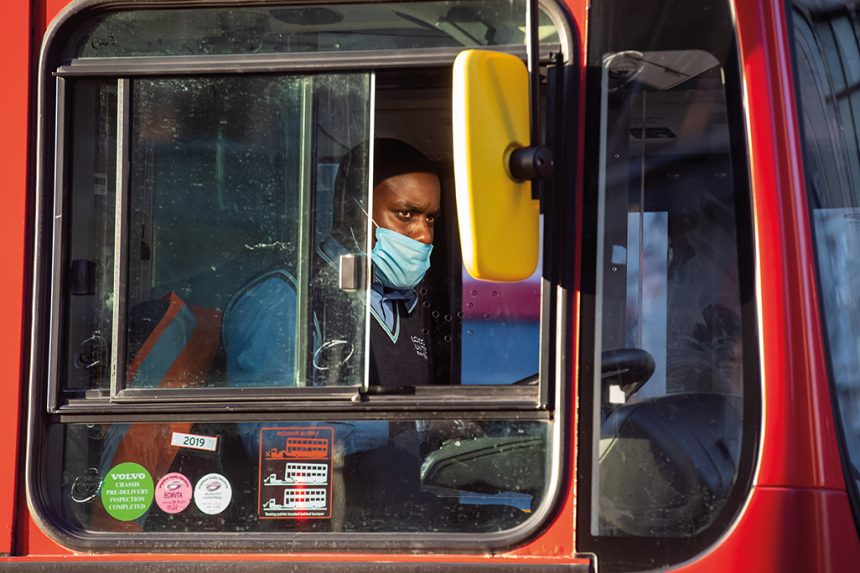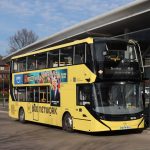Paul Lynch, CPT President and Stagecoach London MD, reflects on what the coach and bus sectors achieved during the tough times of the COVID pandemic
Incredibly, the COVID crisis was five years ago. In one way, I find that hard to believe as it just seems so recent, but then, thinking back, it also feels as if all those events happened in another time, another place, to people other than us.
Why write about it now? Well, apart from commemorating those loved ones and colleagues we lost, there are some important lessons that are worth remembering.
One important legacy is the image boost given to people playing essential roles across society.
We saw how interconnected our world is and learned to appreciate the skills and contributions of all — not just the dedicated health professionals, but retail workers and many more including, of course, public transport workers.
Similarly, while there were unhelpful and enduring things said about avoiding public transport at a time of infectious disease, the key role it performs for society has become better understood and appreciated.
The financial support quickly agreed during the COVID pandemic for bus operators by governments was a sign of that, though the almost complete lack of it for coach companies indicated the opposite — but at least that has acted as a catalyst to the work we have done in recent years to boost that mode’s profile too, which finally seems to be paying off in its enhanced visibility and appreciation.
Another lesson is just how quickly things can get done. I’ve always been struck by how, during wartime, technology can be developed, infrastructure built, or even entire societies reorganised, in a matter of weeks and months rather than years or decades.
Those of us who have been fortunate not to experience war in our own lifetimes had some insight into how a major crisis spurs such action.
Who would have thought in the dark days of no work for the coach industry that bumper prices and demand lay ahead for many?
Whether it was vaccines, furlough schemes, support for industry, adapting vehicles, or simply staying up all night to read and implement new rules, we learned how to move fast.
In Stagecoach London, we received a call from Transport for London and, despite having huge pressures on services due to the numbers off work sick or shielding, within a day we had 20 buses and 50 drivers on four routes at up to five-minute frequencies operating to the new Nightingale Hospital in London Excel — vehicles, duties, schedules, stops, risk assessments, blinds, route learning, the lot.
And of course, that was but one part of the logistics and effort required to set up and staff an entire hospital in short order.
That Nightingale bus service reminds me of something else — we went to all that effort for months and, while we recovered our costs, we made sure we didn’t make a profit doing it.
This was part of us all “doing our bit”, though we have since learnt that not everyone was as selfless financially.
Having said all this, it’s important not to mythologise the period. Yes, it brought out the best in people, but it also brought out the worst in some.
There was an atmosphere of real fear, especially in the early days with bus drivers going out every day not knowing much about the real nature of the virus.
Some long-term impacts were predictable, such as customer numbers and patterns, while others were less so.
For example, who would have thought in the dark days of no work for the coach industry that bumper prices and demand lay ahead for many?
There seems to be a desire among many to forget it all, with the current near invisibility of the ongoing COVID Inquiry being a good example.
But we should remember. We should remember not just those we sadly lost, but the vital role played by our industry and the dedication and professionalism of those within it. And we should remember and recapture what can be done when we put our minds to it.



























